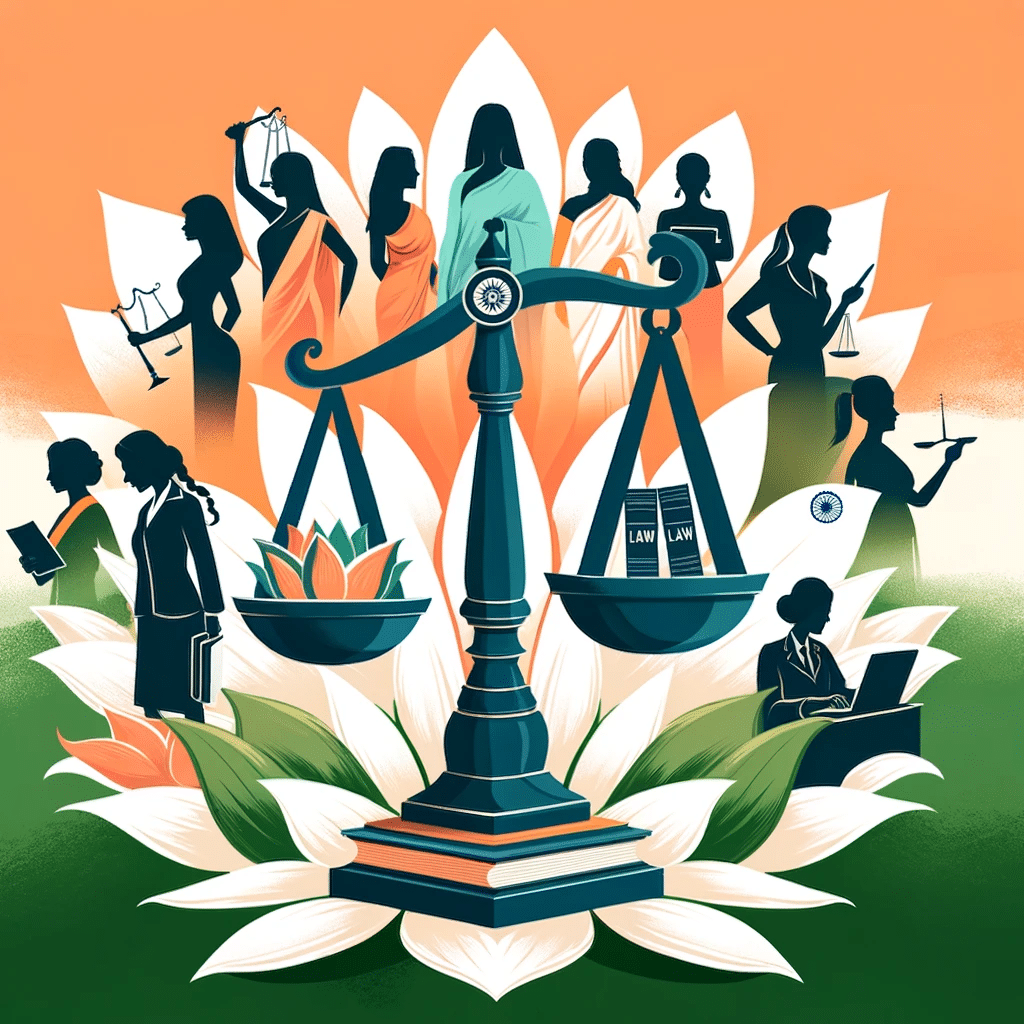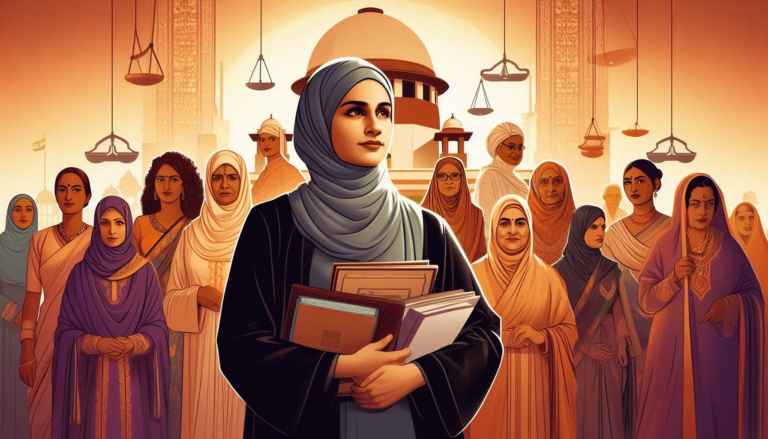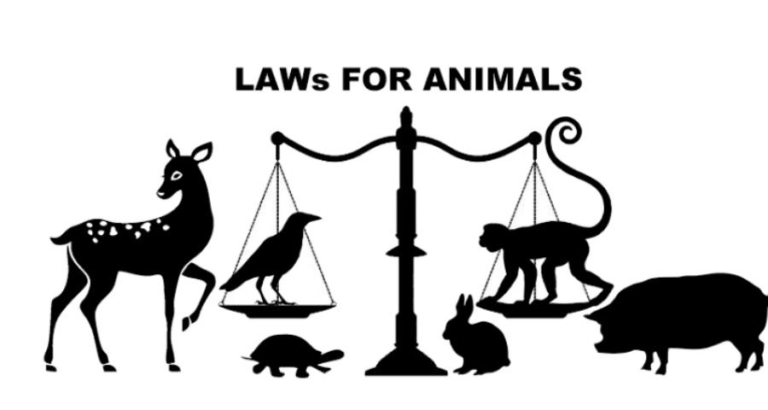
Abstract :
Despite India’s cultural reverence for goddesses, women face significant challenges, including
harassment and abuse. To combat these issues, the Indian government has established crucial rights
for women’s protection and self-development. These rights include equal pay for equal work,
protection against workplace harassment and domestic violence, the right to dignity and decency,
free legal aid, protection from night arrests, the ability to file virtual complaints, rights against
indecent representation and stalking, and the right to file a zero FIR. These provisions are essential
for ensuring women’s safety and equality in society.
Key Words: Women’s rights, Society, Dignity, Workplace harassment, Free legal aid, Zero
FIR
Introduction :
Swami Vivekananda emphasized that the world cannot thrive if women’s conditions do not
improve, symbolizing that a bird cannot fly with one wing. To become a developed nation, India
must convert its vast female population into a productive human resource through awareness of
women’s rights.
Despite India’s reverence for goddesses, women face harassment and abuse. Historically, women’s
status in India has fluctuated, with periods of significant subordination. The British era saw
reformative legislation against harmful practices. Today, the Indian Constitution ensures women’s
rights to equality and dignity. Yet, despite high-profile successes, many women continue to
struggle with violence and discrimination. Thus, awareness and enforcement of women’s rights
remain crucial.
Study Objectives :
- Understand the necessity of women’s rights.
- Analyze the various women’s rights in India.
- Review the government enactments ensuring women’s rights
- Identify issues and challenges related to women’s rights.
This paper is primarily descriptive and analytical. It aims to study and review women’s rights in
India using secondary sources relevant to the study.
“When women thrive, all of society benefits, and succeeding generations are given a better start in
life.” – Kofi Annan
Women’s rights in India are categorized into constitutional rights and legal rights. Constitutional
rights are embedded in the constitution, while legal rights are established through parliamentary
and state legislations
Constitutional Rights for Women’s Safeguarding :
- No discrimination based on sex by the state [Article 15(1)].
- Special provisions for women, allowing affirmative action [Article 15(3)].
- Equal employment opportunities without gender discrimination [Article 16(2)].
- Prohibition of human trafficking and forced labor [Article 23(1)].
- Equal livelihood rights for men and women [Article 39(a)].
- Equal pay for equal work for both sexes [Article 39(d)].
- Protection of women’s health and prevention of forced employment in unsuitable jobs [Article 39(e)].
- Provision for humane work conditions and maternity relief [Article 42].
- Duty of citizens to reject practices that degrade women’s dignity [Article 51-A(e)].
- One-third of Panchayat seats reserved for women [Article 243-D(3)].
- One-third of Panchayat chairperson roles reserved for women [Article 243-D(4)].
- One-third of Municipal seats reserved for women [Article 243-T(3)].
- Reserved roles for women chairpersons in Municipalities as per State Legislature [Article 243-T(4)].
Legal Protection for Women’s in India:
Various legislations in India provide rights and safeguards to protect women. Key acts include:
- Protection of Women from Domestic Violence Act (2005) : Protects women from all forms of domestic violence, including physical, sexual, mental, and emotional abuse
- Immoral Traffic (Prevention) Act (1956) : Prevents trafficking of women and girls for prostitution.
- Indecent Representation of Women (Prohibition) Act (1986) : Prohibits indecent portrayal of women in advertisements and media.
- Commission of Sati (Prevention) Act (1987) : Effectively prevents the practice and glorification of sati.
- Dowry Prohibition Act (1961) : Bans the giving or taking of dowry at any stage of marriage
- Maternity Benefit Act (1961) : Regulates employment for women before and after childbirth, ensuring maternity benefits.
- Medical Termination of Pregnancy Act (1971) : Allows for the termination of pregnancies under certain conditions.
- Pre-Conception and Pre-Natal Diagnostic Techniques Act (1994) : Bans sex selection and prevents female foeticide.
- Equal Remuneration Act (1976) : Ensures equal pay for equal work for both genders and prevents gender discrimination in employment.
- Dissolution of Muslim Marriages Act (1939) : Allows Muslim women to seek divorce
- Indian Penal Code (1860) : Includes provisions to protect women from dowry deaths, rape, kidnapping, and cruelty.
- Code of Criminal Procedure (1973) : Includes safeguards for women, such as maintenance rights and arrest procedures by female police.
Other Legislation :
These include the Employees’ State Insurance Act (1948), Plantation Labour Act (1951),
Bonded Labour System (Abolition) Act (1976), and others like Indian Succession Act
(1925), Indian Divorce Act (1869), Special Marriage Act (1954), Foreign Marriage Act
(1969), Indian Evidence Act (1872), Hindu Adoptions and Maintenance Act (1956), and
National Commission for Women Act (1990). These laws provide additional protections
and rights to women.
Unique Rights for Women in India :
- Right to Property : Traditionally, women in India had limited rights to own or inherit
property. The Hindu Succession (Amendment) Act of 2005 changed this for Hindu,
Buddhist, Sikh, and Jain women, granting them equal inheritance rights as men. This
means daughters now have the same rights as sons to inherit ancestral property.
Nonetheless, property rights can vary for women from different religions and tribes. Efforts
are ongoing to extend equal property rights to Christian women - Right to Equal Pay : The Equal Remuneration Act ensures that women cannot be
discriminated against based on gender regarding salary, pay, or wages. This law guarantees
women the right to receive the same pay as men for the same work. - Right to Dignity and Decency : Women have the right to dignity and decency. For
instance, any medical examination of a female accused must be conducted by or in the
presence of another woman. - Right Against Domestic Violence : Under Section 498A of the Indian Penal Code, women
are protected from domestic violence by husbands, live-in partners, or relatives. This
includes protection from verbal, economic, emotional, and sexual abuse. Violators can face
up to three years of imprisonment and a fine. - Right to Free Legal Aid : The Legal Services Authorities Act provides female rape victims
with the right to free legal aid. The Legal Services Authority is required to arrange a lawyer
for the victim. - Right Against Workplace Harassment : The Sexual Harassment of Women at Workplace
Act allows women to file complaints against any form of sexual harassment at work.
Complaints can be submitted to an Internal Complaints Committee (ICC) within three
months. - Right Not to Be Arrested at Night : Women cannot be arrested between sunset and sunrise
unless a first-class magistrate orders otherwise. Interrogations must occur at her residence
in the presence of a woman constable and her family or friends. - Right to Register Virtual Complaints : Women can file complaints via email or send them
by post to the police if they cannot go to a police station. The Station House Officer (SHO)
must then send an officer to her location to record her complaint. - Right Against Indecent Representation : Any depiction of a woman’s body that is
indecent or derogatory is punishable under the Indecent Representation of Women
(Prohibition) Act. - Right Against Stalking : Section 354D of the Indian Penal Code allows legal action
against anyone who stalks, repeatedly contacts a woman despite her disinterest, or monitors
her internet use. - Right to Zero FIR : Women can file an FIR at any police station, regardless of where the
incident occurred. The FIR can later be transferred to the relevant jurisdiction. This ensures
prompt action and prevents offenders from escaping due to jurisdictional issues.
These unique rights provide robust legal protections aimed at ensuring the safety, dignity,
and equality of women in India.

Obstacles encountered by Women’s Rights in India :
In India, numerous challenges impede the realization and effective implementation of
women’s rights. These challenges directly affect the empowerment and overall
development of women in society. Addressing them is crucial for ensuring gender equality
and improving the quality of life for women across the country. Here’s a detailed
examination of these challenges:
- Education :
Despite significant progress since independence, a substantial gap in literacy and education
levels between men and women persists. As of recent statistics, while 82.14% of adult
men are literate, only 65.46% of adult women are educated. This disparity is more
pronounced in higher education and specialized professional training. Many women,
especially from rural areas, do not have access to quality education, and social biases often
discourage or prevent girls from pursuing higher education. This educational gap limits
women’s opportunities for employment and economic independence, reinforcing cycles of
poverty and inequality. - Poverty :
Poverty remains a severe barrier to women’s empowerment in India. It exacerbates issues
like limited access to education, healthcare, and legal rights. Women in impoverished
households often have fewer resources and opportunities compared to men. They are
frequently forced into low-paying and insecure jobs, such as domestic work, where they are
vulnerable to exploitation and abuse. Addressing poverty is essential for improving the
socio-economic status of women and enabling them to exercise their rights fully. - Sexual Abuse and Harassment :
Sexual harassment, commonly referred to as “eve-teasing,” is widespread in public spaces
in India but often goes unreported. This is largely due to a culture of complicity and weak
legal enforcement. Crimes against women, including rape, molestation, and abduction, are
punishable under the Indian Penal Code. However, India’s criminal justice system is slow,
overburdened, and underfunded, which hinders the effective prosecution of such crimes.
Cultural stigmas further discourage women from reporting sexual violence, as victims fear
bringing shame to themselves and their families. This underreporting prevents many
women from receiving justice and perpetuates a cycle of abuse. - Health and Safety :
The health and safety of women are critical for the overall well-being and development of a
country. In India, women face significant health challenges, particularly in maternal
healthcare. High maternal mortality rates and inadequate access to reproductive health
services are serious concerns. Women’s safety is also at risk in both public and private
spaces. Domestic violence remains pervasive, and many women lack access to the
necessary support services and legal protections. Ensuring women’s health and safety is
fundamental for their empowerment and equality. - Professional Inequality :
Women in India often encounter substantial inequality in the workplace. Discrimination in
employment and promotions is common, with women facing significant barriers in maledominated environments, both in government offices and private enterprises. Professional
inequality manifests in lower wages, fewer opportunities for advancement, and a lack of
representation in leadership roles. These disparities hinder women’s economic
empowerment and contribute to ongoing gender inequality. - Household Inequality :
Gender bias within household relations significantly affects women’s rights and
opportunities. Traditional gender roles assign women the primary responsibility for
housework, childcare, and other domestic tasks. This division of labor means that women
bear a disproportionate burden of unpaid work, limiting their ability to pursue education,
employment, and personal development. Household inequality reinforces patriarchal norms
and impedes women’s full participation in economic and social life
Conclusion :
“When women move forward, the family, the village, and the nation move forward.” Women’s
progress is vital for the development of families, societies, and nations. Their values and
perspectives are foundational to building strong, cohesive communities. Ensuring that women are
aware of their rights is crucial for their safety and protection. This awareness, coupled with
effective enforcement of these rights, is essential for achieving true gender equality. A society that
supports women’s rights fosters a better democratic system and upholds values that protect and
promote the welfare of all its members. In essence, empowering women is not just beneficial but
necessary for the advancement of the entire nation.
References :
- Laws for Women in India : An Overview :- https://www.lexisnexis.in/blogs/laws-for-women-inindia/
- Challenges Faced by Women Rights in India :- https://bschool.dpu.edu.in/Blogs/challengesfaced-by-women-in-india/







